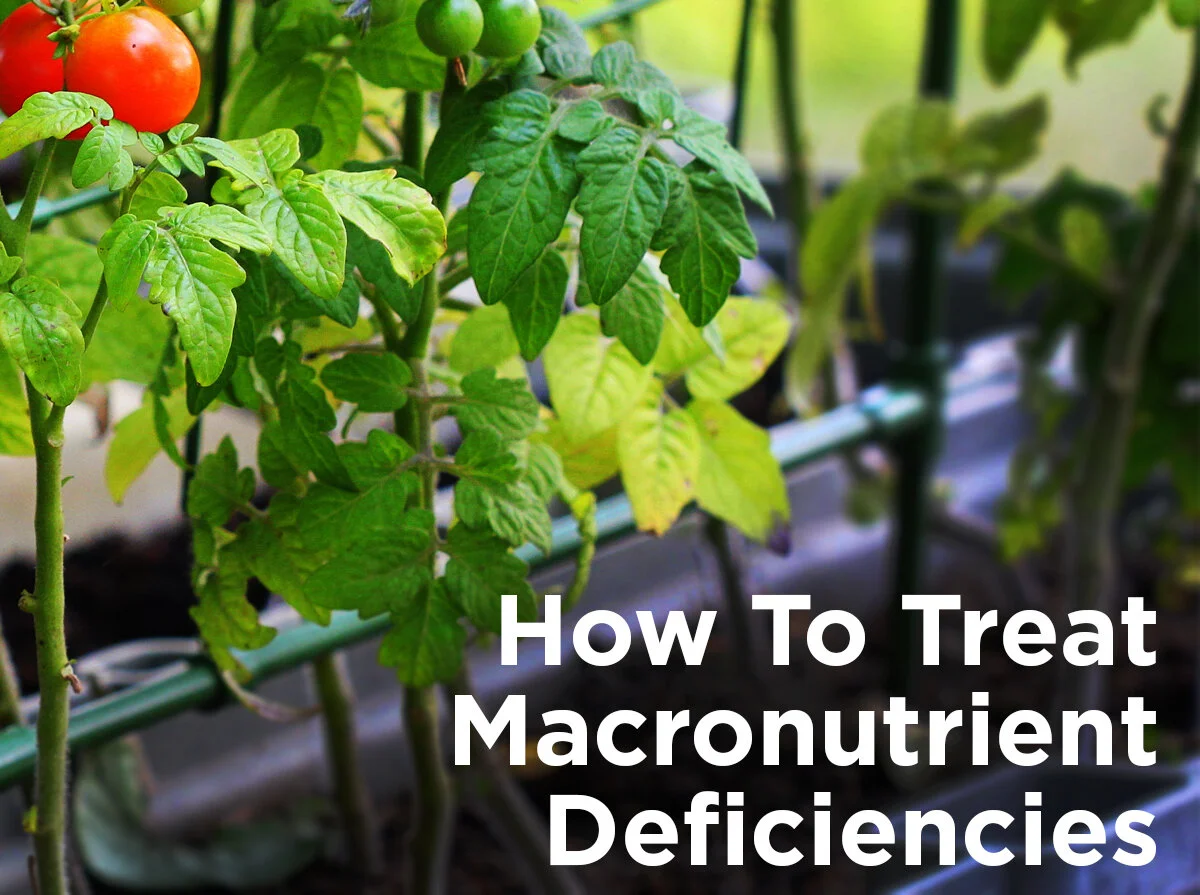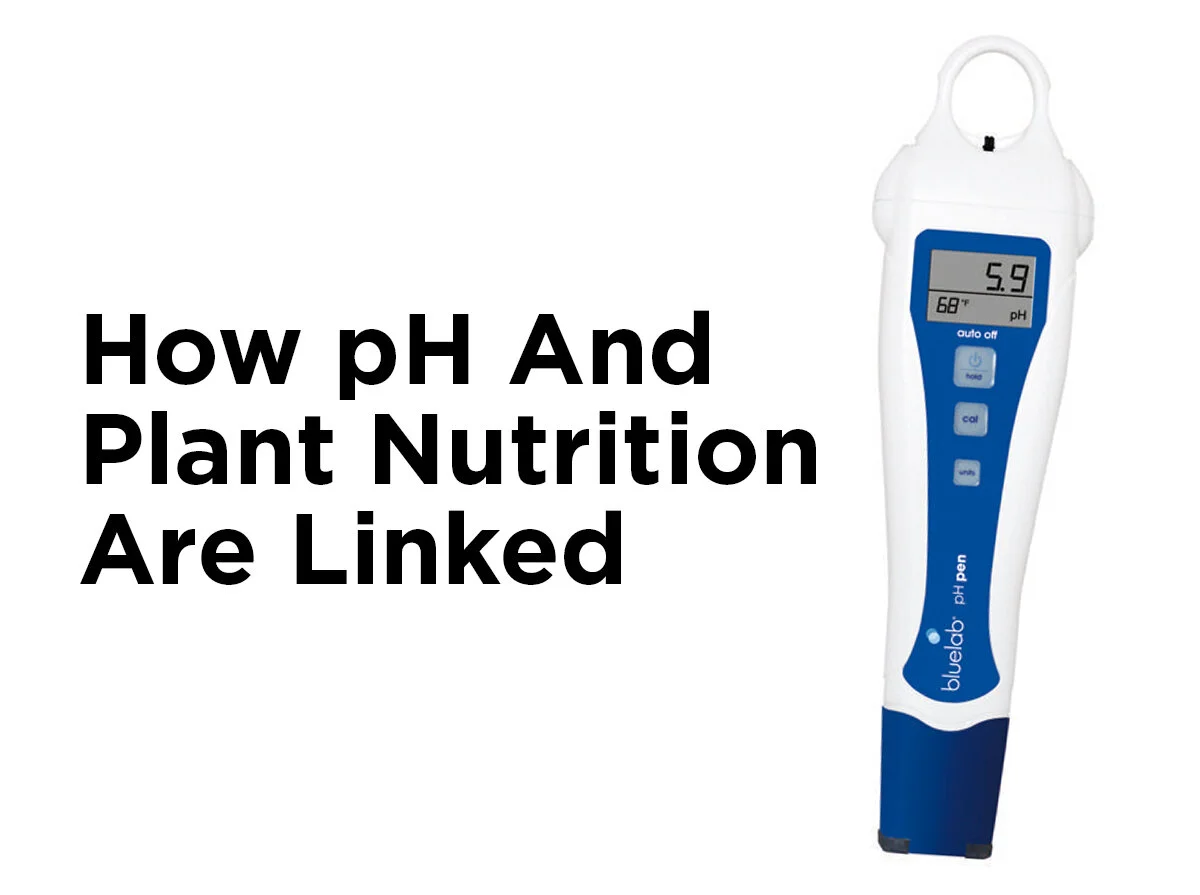Organic vs. Inorganic Fertilizers
As we push towards a healthier environment the idea of organically sustainable produce has become a gigantic selling point for both farm and home-grown plants. Growing plants organically requires methods that don’t use harsh chemicals. This means the fertilizers come from animal and plant matter like guano or compost heaps and the pest-control methods are more traditional (lady bugs, lemon-based fungicides, etc). However, hydroponically grown plants typically use inorganic mineral fertilizers which have so far prevented them from being given an “organic” label. Hydroponically grown plants do not use soil which means that traditional organic fertilizers can’t be broken down and their nutrients can’t be absorbed by the plant. The jury is still out on how much of an impact there is on flavor, though many prefer the flavor of organically grown vegetables. For my part I can say that in high school I worked on a hydroponic farm and to this day it grew the best tomatoes I have ever had.
Can Hydroponic Gardens use Organic Fertilizers?
It is possible to use organic nutrients for hydroponics; you just need to replicate the effect that soil has on organic material with a special solution. While efforts have been made to generate nitrates in water for a long time (NASA worked with several methods as part of the space program), a practical method was finally developed by the National Agriculture and Food Research Organization (NARO) in 2005, allowing organic nitrates to be formed in a water solution.
How are the Fertilizers Different Anyway?
When we get down to it, plants uptake the minerals they need to grow healthy trunk and root systems as well as nutritional fruits and vegetables. Inorganic fertilizers break down the needed minerals in rocks and other sources to turn them directly into a usable form for plants. Organic fertilizers take a little longer; a material like compost or guano is broken down by the soil into the same mineral nutrients which are then absorbed into the plant as it takes in water from the soil. Since both methods deliver the same nutrients in the same final form for grow uptake, the major difference is in where those nutrients come from.
Is There a Difference in Nutrient Uptake?
Each type of fertilizer has its own benefits:
Time: Organic fertilizers take a while to release nutrients since the plant can only uptake nutrients as they’re broken down into nitrates. The first few weeks may see weak or deficient plants as that break down cycle begins. Mineral or inorganic fertilizers immediately deliver the nutrients needed so you can begin immediately and start with strong plants.
Amount: It’s a good idea to mix between the two, starting your organic process and supplementing with inorganic nitrates until the organics are fully in place. This hybridized system also helps to maintain nutrient levels. Organic fertilizers aren’t an exact mineral cocktail so you won’t know the exact amounts of nutrients given to your grow. Inorganics let you give precisely measured amounts which can be a great help when you start to see deficiencies.
New Nutrients: Both organic and inorganic fertilizers deliver everything a plant needs when administered correctly, but an inorganic fertilizer can actually add to the benefits of your plants. Fortification has been successful when adding trace elements like iodine to vegetable plants but requires an inorganic additive that is not possible with a strictly organic grow.
Aren’t There Environmental Impacts with Inorganic Fertilizers?
One of the major issues with inorganic fertilizers is leaching. The chemical fertilizer easily washes into the soil and the salt content interferes with the nitrogen cycle, stripping the soil of nutrients and devastating soil cultures. Hydroponic cultures do not use soil so leaching is not a problem and the saturated water can be treated before reaching the soil. Caution still needs to be taken as over-fertilization can cause burning of the plant roots. With an organic fertilizer, neither of these things are an issue in hydroponics or traditional soil growing.
So which is better between the two? Both deliver the same final product, nutrients broken down into nitrates, but with different origins. Leaching is not a problem in hydroponics since the water can be treated and release is controlled. Organic fertilizer has very little chance to burn your grow’s roots but takes longer to release an unmeasured number of nutrients. The choice is really up to you and your needs, or in the case of vegetables, which you think tastes better.
Have any other questions about fertilizers, or have an experience with the results of a grow and want to share? Let us know on Facebook, Twitter, LinkedIn, or Pinterest!







